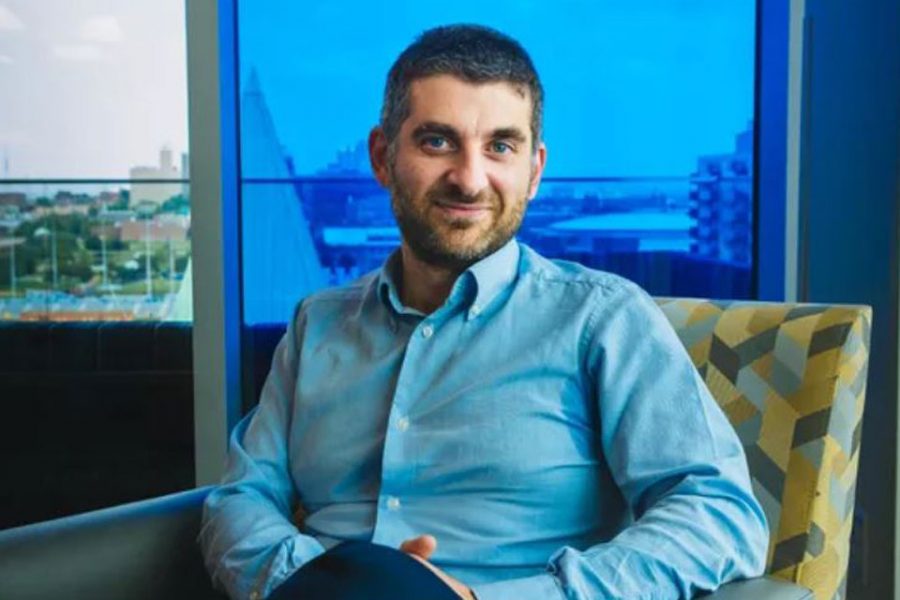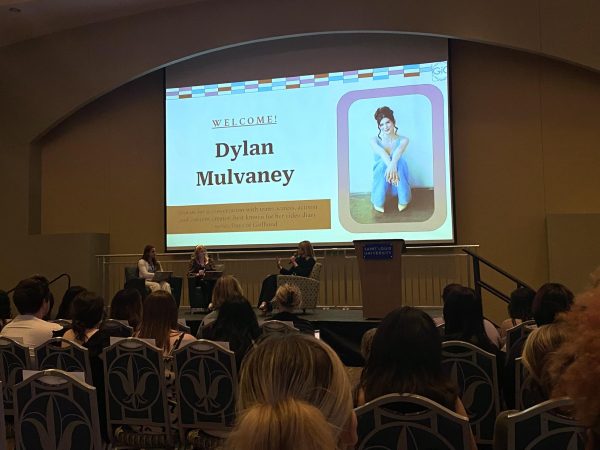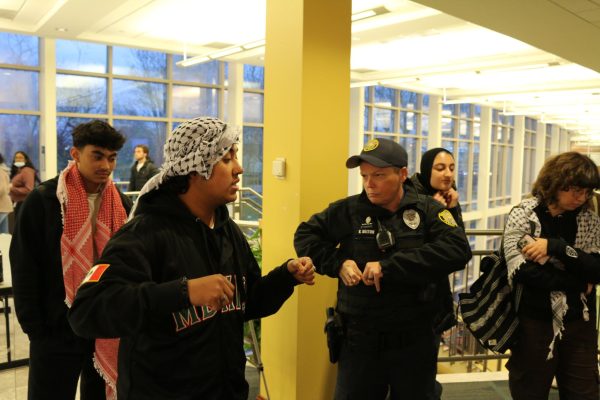SLU Computer Scientist Leads Cutting-Edge Research
New investigations into software applications by SLU researcher and assistant professor of computer science Flavio Esposito, P.h.D, has proven that the sky is the limit when it comes to technology.
Esposito was recently awarded with a $206,206 grant from the National Science Foundation (NSF) to study distributed computing systems like the Cloud, as well as edge computing capabilities.
As the leader of this cutting-edge research, Esposito aims to study how decomposition, or breaking up, of complex problems in computer science can be applied to improving application software performance and capabilities via cloud computing. He plans to investigate how to best apply these insights to a wide variety of software, including Virtual and Augmented Reality
“Several applications today (on our phones, watches or computers) rely on cloud technologies. The future is, however in distributed computing. This means, taming big datasets, as well as reducing the time to obtain a response from a computer. This emerging paradigm is called “edge or fog computing,” or computing at the edge of our end-users, not far away in the cloud somewhere
Joined by researchers at Bentley University and Boston University, their team plans to push the boundaries of computing power to better understand how to partition an application to drive cost efficiency and usability for the user.
Esposito points out the possible technological, as well as societal implications of this work, “The purpose of this study is to improve the way we can speed up very large computations with distributed (networked) systems. The results from this grant will have an impact on several fields, from the search of a genome sequence in bioinformatics, to increasing the revenue in an eCommerce application, to predict when the next tornado is going to hit and where”.
He adds that, “We will produce and release publicly code and publications that could help advance other research, and could help increase the profit for some computer science based companies that deal with large datasets and artificial intelligence.”
The project also plans on providing educational opportunities for high school students and populations underrepresented in the computer science field to learn about, and become trained, in application software and cyberstructure management through interactive tutorials and mentorship.
Esposito brings several years of experience performing cloud computing research to this project, and is grateful for another opportunity to learn about, as well as develop, software applications of the future.
At the same time, he is most excited to, “Work with excited and motivated students, to help them be prepared for their next stage of their career!”
Your donation will support the student journalists of Saint Louis University. Your contribution will help us cover our annual website hosting costs.









